7:36 AM 8/3/2022 - Selected Articles and Tweets: Investigate the #NewAbwehr leaders #Schroder & #Putin, their roles & complicity in global terrorist acts & operations, in the Ukraine War, 9/11, & many others, for their goal of the #NewAbwehrWorldOrder. The mythical Al Quaida, ISIS, Ben Laden, Zawahiri are their fronts & covers.
7:36 AM 8/3/2022 - Michael Novakhov's favorite articles
Worldcrunch
What New World Order? The Case For A Stronger Germany
worldcrunch.com/world-affairs/…

-Analysis-
BERLIN — History's grand plan, if it has one, doesn't usually allow for repetition. The kaleidoscope of the past brings up endless new iterations of victory and defeat, triumph and agony, and allows us only a glimpse into the uncertainty of the future and the ambiguity of the past.
New world powers are coming to the fore, and the post-war world order — first the Cold War, then the Pax Americana — is disappearing. As the influence of NATO, which for many decades gave Europeans a sense of safety through its ability to deter and defend, begins to wane, the promise of protection from the United States is also disappearing.
It's been a long time since Germany's future, and that of Europe as a whole, has looked so uncertain. Around three decades ago, the Cold War was finally declared over as the United States and the USSR came to a mutual understanding. But that has not meant that global power relations are now smooth sailing.
The seismic changes of 30 years ago did not come about in an organized manner but through a process that Yale historian Paul Kennedy, in his master's thesis on world powers, calls "competitive decline." After the end of the second Iraq War, it seemed possible that a new world order may be established with America at the head, leading and bankrolling a global alliance against all troublemakers, but this was not achieved.
No new world order has appeared.
Instead we have lived through the collapse of nation states, civil wars, terrorism and religious fanaticism, alongside old-fashioned scourges such as droughts, mass poverty and epidemics. Sooner or later these will erode the foundations of what little prosperity and political security remains.
The long nuclear peace of the last 30 years of blissful ignorance is over. Gone too is the strategic stability that the Cold War provided. Even without the coronavirus pandemic sweeping the globe, the world stage offers chaos. And that makes it all the more important, for reasons of survival, to inject a little predictability, long-term perspective and strategic restraint back into international power relations.
For the foreseeable future, we are in a worse situation than we have been in a long time. While Washington, Moscow, Beijing and other centers of power — the nuclear order that sprang up after World War II — are in decline, no new world order has appeared.
This is where Germany comes into play. A new world order is sorely needed, and Germany, which flourished under the Pax Americana and, against all expectations, became a late-blooming, 20th-century success story, must play its part in establishing one.
Whether it will have a chance to draw on this experience is, to say the least, uncertain. When it comes to security and protection, Germany needs to learn how to stand on its own two feet and make a respectable contribution on the world stage, even if this means a bit of pain, financial cost and a few disagreements.

Map of the Holy Roman Empire during the 16th century — Source: Friedrich Wilhelm Putzger/Wikimedia Commons
On a campaign trip to Trudering, in Upper Bavaria, Angela Merkel said that Germany could no longer rely on its old friends. Ever the cautious pragmatist, she was careful, nevertheless, not mention which new ones she had in mind. While telephones around the world are ringing off the hook, the German chancellor is remaining tight-lipped. That may be wise. Sometimes the situation and tactics require a politician to hold back.
But what is true for most countries is not true for Germany. The country is right in the middle of things — not just of Europe, but also of the global situation. Or, as Henry Kissinger liked to say, Germany is the wrong size: too big for Europe, too small for the world.
Enduring incompleteness
The best way to understand Germany's role is as a half-hegemony: neither one thing nor the other. But this was also the situation for the Holy Roman Empire of the German Nation, an empire that lasted for centuries by constantly renewing itself. It went against all classical thinking about how to structure a state, but it would be absurd to deny the legitimacy of an empire that lasted nearly 1,000 years.
Half-hegemony has been Germany's situation since time immemorial. It has marked the country's history, shaping its fate and that of its neighbors. In order to understand the present, it's vital to see it from a historical perspective — even now, in the fourth decade since reunification.
Germany became the stage for wars that spread across the world.
To do that, we must look back to the Holy Roman Empire and its role in shaping Europe. It wasn't an empire in the traditional sense, but a peaceful way of life for central Europe. Imperial rule had to be reaffirmed every time the emperor's successor was chosen by the seven prince-electors: the "pillars of the empire," as they were known. Not much was achieved through violence; it was money and gold that held sway.
While the European kingdoms around Germany were developing early modern states, Germany continued in a situation of enduring incompleteness, with a constitution that, like a Gothic cathedral, was a continual work-in-progress. As a consequence, during the Age of Discovery this unity broke down, peace agreements didn't hold, and Germany became the stage for wars that spread across the world.
The Thirty Years' War (1618-1648) branded Germans with a very real sense of "German angst." But after the Peace of Westphalia brought an end to the war, the empire clung on for another 150 years, while its neighbors established colonies overseas.
Not strong enough to attack others, but powerful enough to defend itself, the Holy Roman Empire was a stabilizing force in Europe. For a few decades, Austria and Prussia shared the hegemony. The Austro-Prussian War of 1866 saw Austria defeated and Prussia's influence expanded. The wisdom of the old empire failed and the rise of nation states began.
Above all, half-hegemony is a balancing act. After a shaky start, Bismarck succeeded at it, whereas his successors, enthralled by new technological developments and Germany's rise on the world stage, failed. At the end of World War II, General Charles de Gaulle summed up Europe's catastrophes since 1914 as "the Thirty Years' War of our century."
Thanks to the Pax Americana, this was not the last word on the subject. But now America has nothing left to offer. And there is nothing in today's world to suggest that something better is on the horizon. Freedom is the recognition of necessity. It's time for the country in the middle of Europe, together with others, to have another go at half-hegemony.
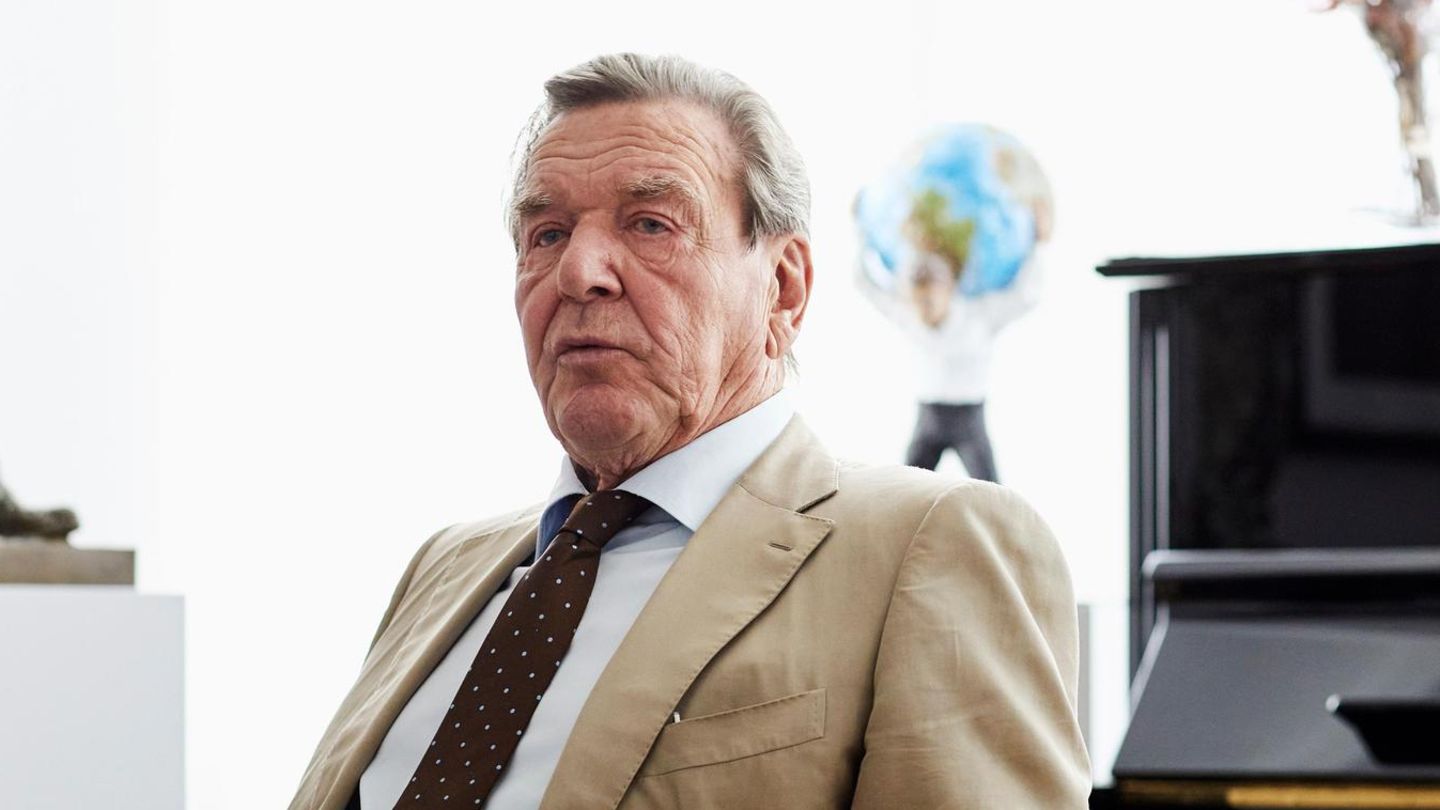
Es ist später Nachmittag, die Interviewer sind gerade am Hauptbahnhof in Hannover angekommen, als das Telefon klingelt. Gerhard Schröder am Apparat. Sagt der Altkanzler noch ab, weil ihm ein Gespräch zu diesem Zeitpunkt doch zu heikel erscheint?
Aber nein, Schröder ist bester Laune und gesprächsbereit, er hat nur ein Problem: Was soll er seinen Gästen zu essen anbieten? Seine Frau ist noch in Südkorea, er hat nichts im Haus. Sashimi vielleicht? Später stellt sich heraus: Der von Schröder geschätzte Japaner hat geschlossen, aber Pizza geht ja immer. Die Sicherheitsleute, die ihn seit Jahren begleiten, übernehmen die Bestellung.
/cloudfront-us-east-2.images.arcpublishing.com/reuters/UPGXZTOTJZOLZNGASRUZJ6BQHU.jpg)
BERLIN/ISTANBUL, Aug 3 (Reuters) - The deal between Moscow and Kyiv to unblock Ukrainian grain exports may offer a way forward to a possible ceasefire in the five-month conflict, said former German chancellor Gerhard Schroeder, a friend of Russian President Vladimir Putin.
The first grain-carrying ship to leave Ukrainian ports in wartime safely anchored off Turkey's coast on Tuesday and is due to be inspected on Wednesday. read more
"The good news is that the Kremlin wants a negotiated solution," Schroeder told Stern weekly and broadcasters RTL/ntv on Wednesday, adding he had met Putin in Moscow last week.
Register now for FREE unlimited access to Reuters.com
"A first success is the grain deal, perhaps that can be slowly expanded to a ceasefire," he said. read more
Schroeder, chancellor from 1998 to 2005, has criticised the war in Ukraine but refused to condemn Putin.
Meanwhile, Russia has accused the United States of being directly involved in the conflict in Ukraine and not just supplying Kyiv with arms. read more
Russia's defence ministry, headed by an ally of Putin, said comments made by Vadym Skibitsky, Ukraine's deputy head of military intelligence, to Britain's Telegraph newspaper showed that Washington was entangled in the conflict.
Skibitsky told the paper there was consultation between U.S. and Ukrainian intelligence officials before strikes and Washington had an effective veto on intended targets, but that U.S. officials were not providing direct targeting information.
"All this undeniably proves that Washington, contrary to White House and Pentagon claims, is directly involved in the conflict in Ukraine," the Russian defence ministry said in a statement on Tuesday.
"It is the Biden administration that is directly responsible for all Kyiv-approved rocket attacks on residential areas and civilian infrastructure in populated areas of Donbas and other regions, which have resulted in mass deaths of civilians."
There was no immediate reaction from the White House or Pentagon to the ministry's assertions.
The Pentagon did deny, however, Moscow's claims that Russia had destroyed six U.S.-made HIMARS missile systems since the start of the Ukraine war. Russia regularly claims it has hit HIMARS but has yet to show proof. read more
DONBAS: 'JUST HELL'
Ukraine's General Staff on Wednesday catalogued continued heavy Russian shelling of Kharkiv and other towns and villages in its vicinity, as well as air and missile strikes on civilian objects. Moscow denies deliberately targeting civilians.
Ukrainian President Volodymyr Zelenskiy on Tuesday said that despite arms supplies from the West, his country's forces could not yet overcome Russian advantages in heavy guns and manpower.
"This is very much felt in combat, especially in the Donbas. ... It is just hell there. Words cannot describe it."
The Sierra Leone-flagged cargo ship Razoni, carrying Ukrainian grain, is seen in the Black Sea off Kilyos, near Istanbul, Turkey August 2, 2022. REUTERS/Yoruk Isik
Reuters was not able to verify battlefield reports.
Germany's Schroeder said the future of Donbas was complicated. The traditional industrial heartland in Ukraine's east has seen some of the war's heaviest fighting.
"A solution based on the Swiss cantonal model will have to be found," he said, adding it would have to be seen if Putin would go back to a pre-war "contact line" in a ceasefire.
Switzerland has 26 semi-autonomous cantons or provinces.
Solutions to crucial problems such as Crimea, which Russia annexed in 2014, could be found over time, "maybe not over 99 years, like Hong Kong, but in the next generation", he said.
Britain's defence ministry said the rail link connecting Russian-occupied Kherson in southern Ukraine with Crimea was highly unlikely to be operational due to a Ukrainian strike against a Russian ammunition train.
Russian forces are likely to repair the railway line in a few days, although it will remain a vulnerability for Russian forces and their logistical resupply route from Crimea into Kherson, Britain said in an intelligence update on Twitter.
Russia sent tens of thousands of troops into Ukraine on Feb. 24 in what it calls a "special military operation". Kyiv and the West have condemned it as an unprovoked war of aggression.
At a U.N. conference on Tuesday, Igor Vishnevetsky, deputy director of the department for non-proliferation and arms control of the Russian foreign ministry, refuted all allegations of "unprovoked aggression". He also added that Moscow was convinced a nuclear war "must never be fought". read more
SAFE PASSAGE
Meanwhile, a July 22 U.N.-brokered deal to unblock Ukrainian grain exports had an initial success as the first loaded ship since Russia's invasion safely anchored off the Turkish coast.
The vessel, the Sierra Leone-flagged Razoni was at the entrance of the Bosphorus Strait, which connects the Black Sea to world markets, around 1800 GMT on Tuesday, some 36 hours after leaving the Ukrainian port of Odesa. read more
The ship, which is carrying 26,527 tonnes of corn to Lebanon, is due to be inspected on Wednesday in Turkey.
The exports from one of the world's top grain producers are intended to help ease a global food crisis.
Known as Europe's breadbasket, Ukraine hopes to export 20 million tonnes of grain held in silos and 40 million tonnes from the harvest now under way, initially from Odesa and nearby Pivdennyi and Chornomorsk.
Russia has called the Razoni's departure "very positive" news. It has denied responsibility for the food crisis, saying Western sanctions have slowed its exports.
Register now for FREE unlimited access to Reuters.com
Reporting by Reuters bureaux; Writing by Michael Perry; Editing by Himani Sarkar
Our Standards: The Thomson Reuters Trust Principles.
We reiterated our ironclad support for Taiwan’s democracy, including on matters of security & stability, economic growth and governance.
ria.ru/20220802/lgbt-…


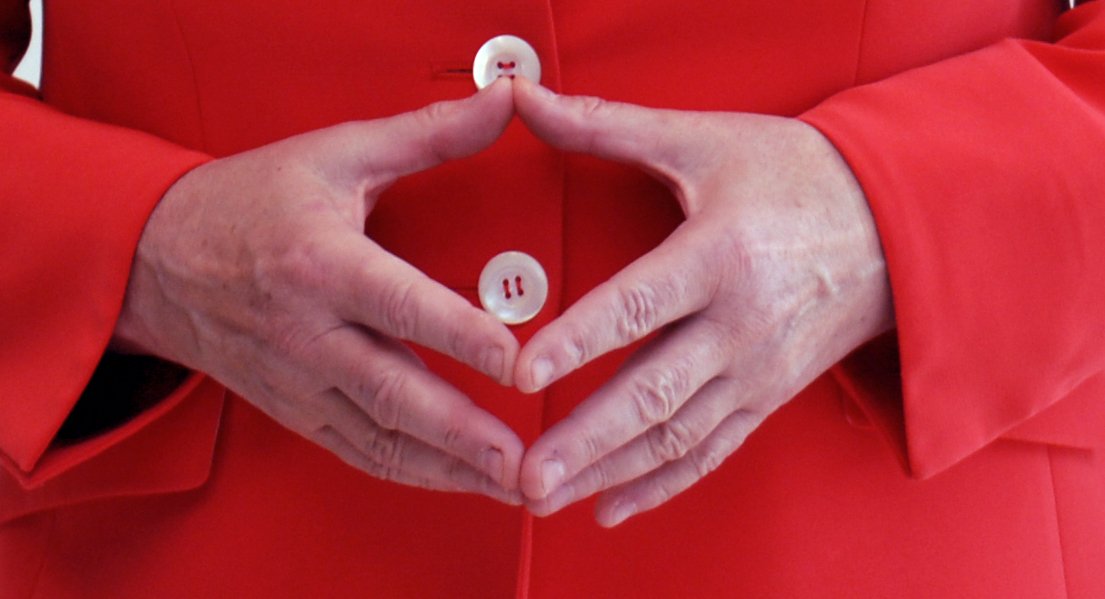
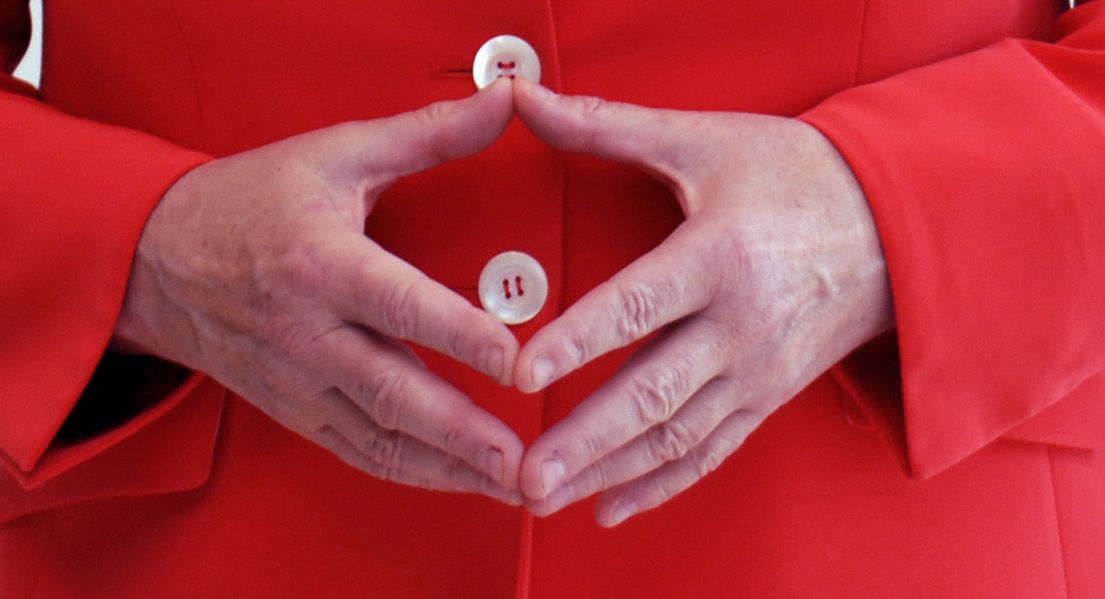
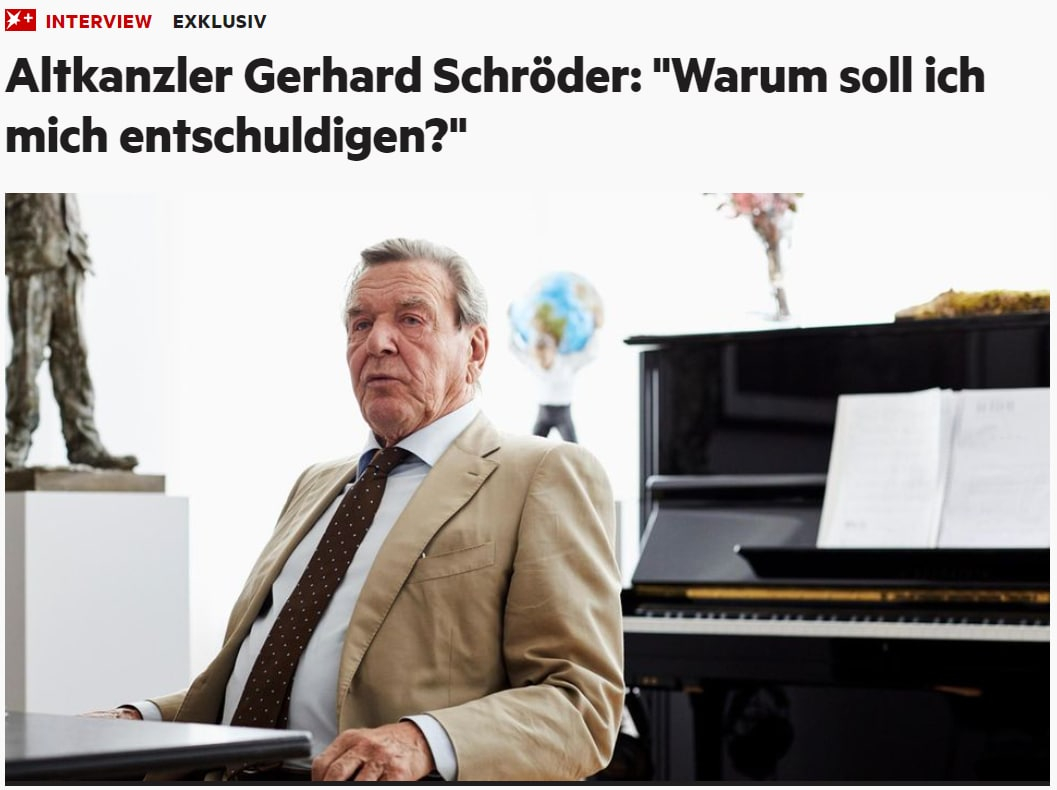
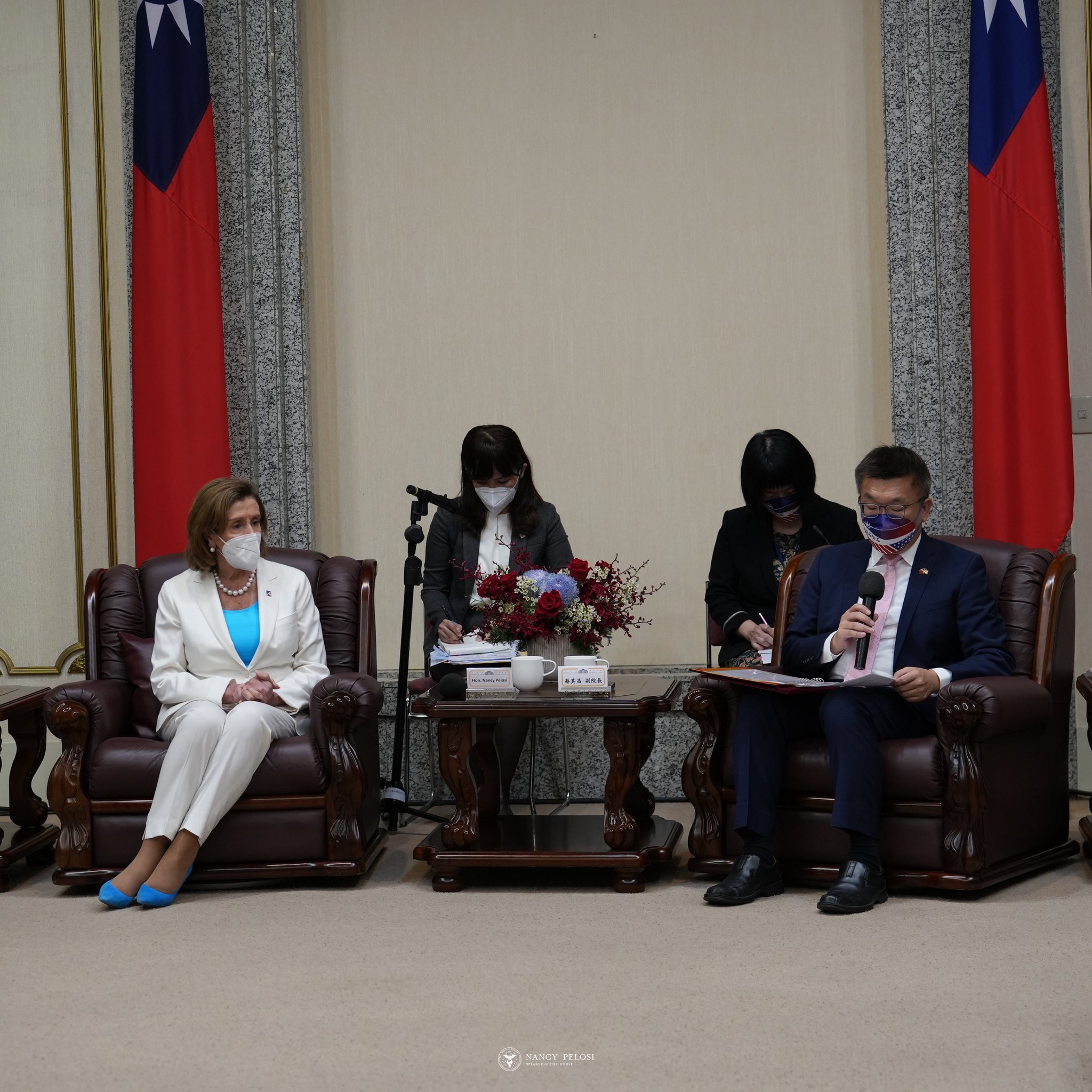
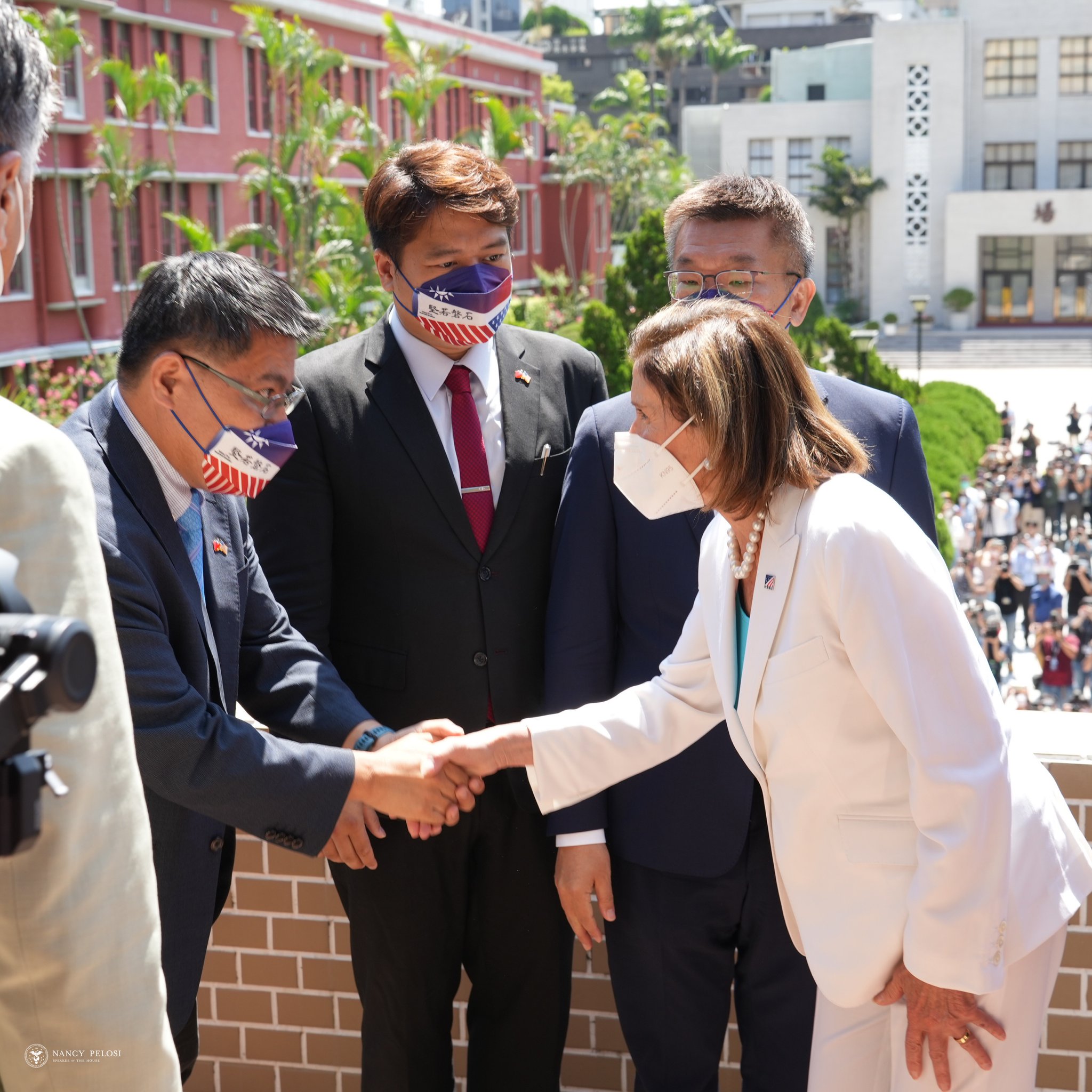
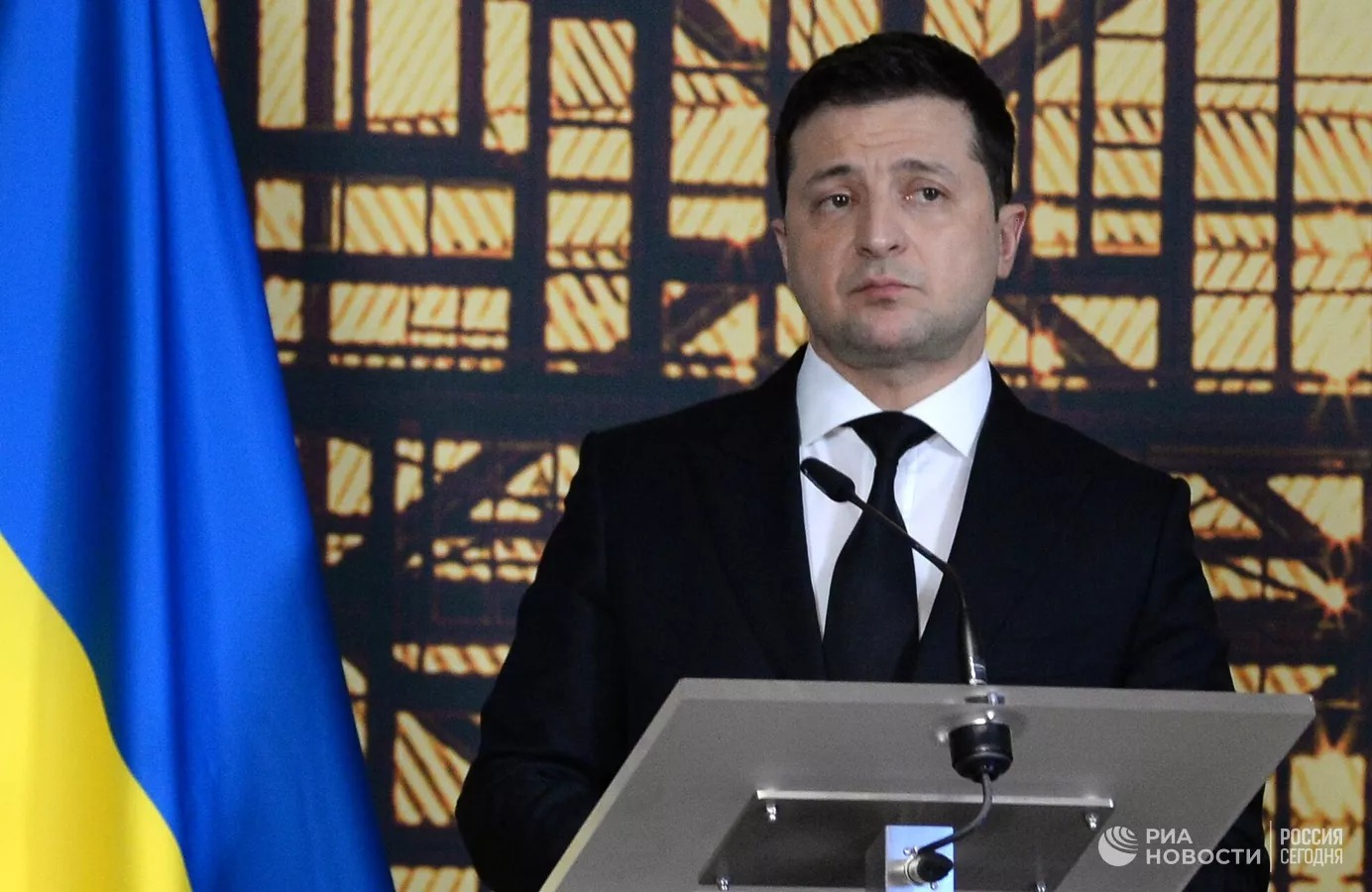

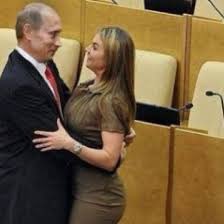
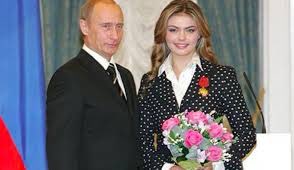
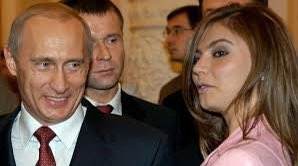
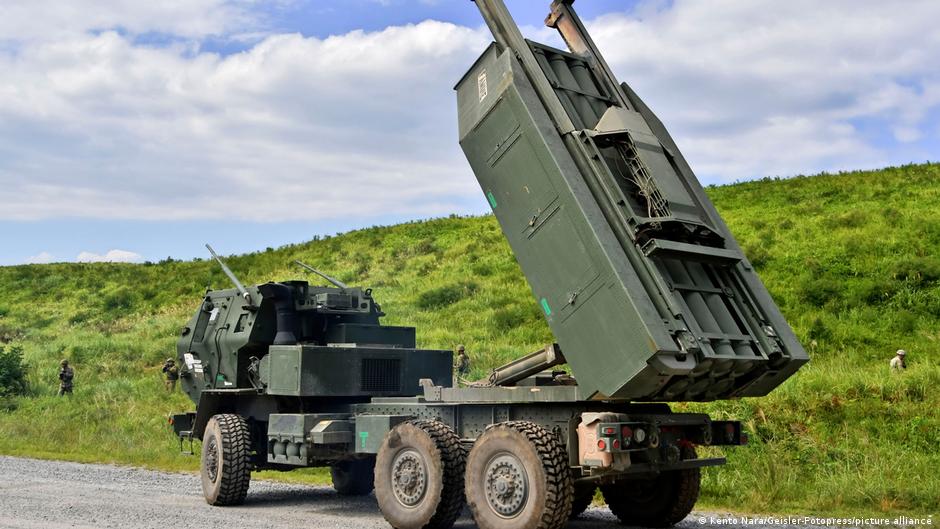


Comments
Post a Comment